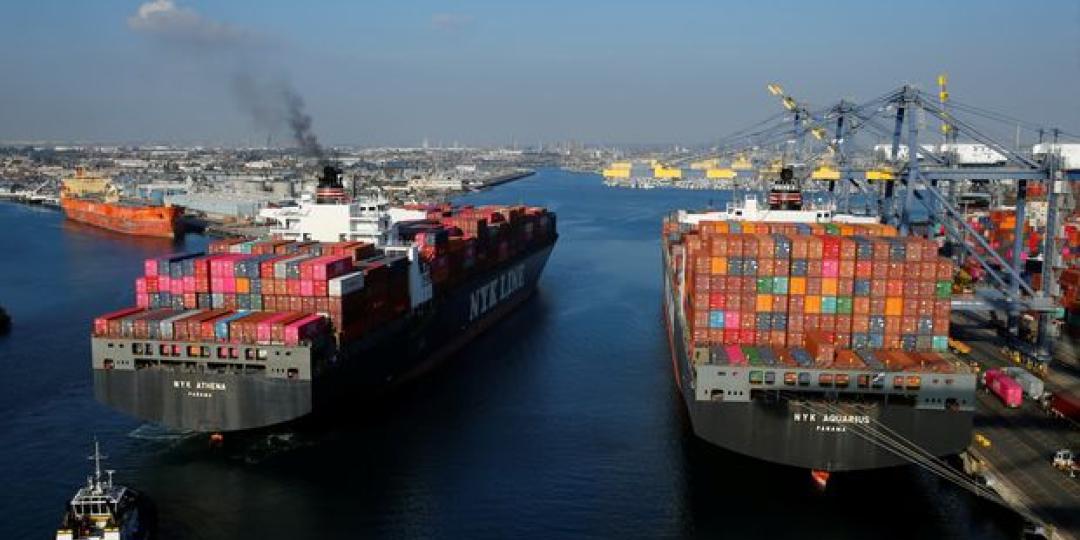The National Consumer Commission (NCC), working with the South African Revenue Service (Sars) Customs special operations, continues to intercept imports that are in contravention of the Consumer Protection Act (CPA).
From July 2020 to 31 March 2021, the commission issued 88 compliance notices to the value of about R18 million.
“This was after the commission inspected consignments of goods from different countries that did not meet the labelling requirements of imports as provided for in the CPA. The goods in question include footwear, leather, clothing and textiles,” the commission said on Monday.
Upon inspection of consignments, Sars officials suspected that the goods did not meet the labelling requirements, detained the goods and informed the commission.
The NCC’s investigation revealed that the goods did not comply with the standards set in Section 24 and Regulation 6 of the CPA.
Section 24(5) of the CPA requires that all footwear, leather, clothing and textiles imported into the Republic must have a label permanently affixed, clearly indicating the country of origin, care instructions, and fibre content.
“We will not tolerate non-compliance by different importers. We will continue with our efforts to ensure that South Africa does not become a dumping site for non-compliant goods,” the NCC’s acting commissioner Joseph Selolo said.
Selolo said where goods did not comply with the provisions of the CPA, the importer was either required to return the goods to the country of origin or destroy them at their own cost.
The NCC enforces this requirement by either issuing a compliance notice or referring the contravention to the National Consumer Tribunal (NCT) for prosecution, in which case the Tribunal may also impose an administrative fine.
“We want to remind importers to respect and comply with the provisions of the CPA. With winter approaching, we expect to see more consignments coming into the country. Our investigators are working hard to inspect consignments detained by customs officials at different ports,” said Selolo.
He said the requirement for the destruction of goods or re-exportation to the country of origin was to prevent the proliferation of non-compliant goods in the South African market.
“The re-exportation to the country of origin or destruction indirectly contributes to the preservation of South African companies and the preservation of jobs in the footwear, leather, clothing and textile sectors,” Selolo said.
The commission is working with other agencies to ensure that importers do not try to circumvent these legislative requirements.













